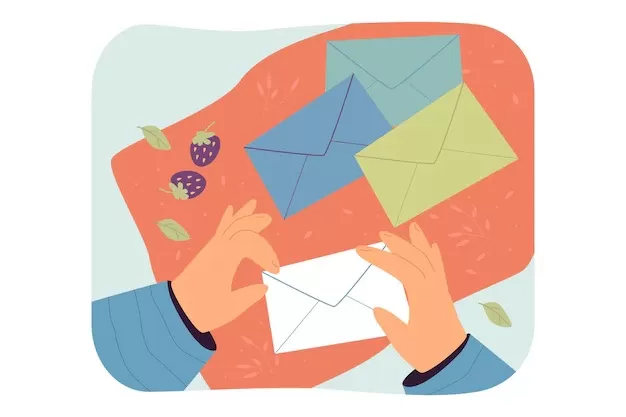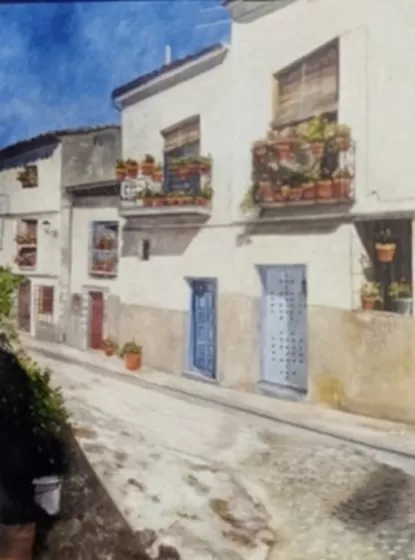Meet OITE - Elaine Diggs, NCC, NCCC
Prior to coming to NIH, I worked for a dozen years at the American Chemical Society (ACS) in Washington, D.C., where, most recently, I assisted with conducting annual leadership conferences for ACS volunteer leaders. But during most of my time at the ACS, I served in the Department of Career Services, where I recruited and trained volunteer career consultants and personally provided job search assistance, reviewed resumes, conducted mock interviews, and counseled chemists experiencing job loss.
Before my work counseling scientists, I served as an academic advisor and career counselor at several universities including Indiana University-Purdue University, Indianapolis, and the Pennsylvania State University. After returning to my native Maryland, I counseled diverse community college populations about educational planning, goal setting, career choice, and success strategies at community colleges in Washington County, Montgomery County, and Harford County, MD. I have also been self-employed as a resume consultant and have consulted for A.T. & T., Bell Atlantic, and Citigroup about employee outplacement and career development issues.
Early in my career, like you, I worked in the laboratory—in 2 different labs at the Johns Hopkins University School of Medicine—after earning a bachelor’s degree in biological sciences from Goucher College in Towson, MD. Later, I completed a master’s degree in Counseling and Guidance from Johns Hopkins and transitioned into a counseling career. I was among the first 1,000 counselors in the U.S. to obtain the National Certified Counselor (NCC) certification, and I also hold the National Certified Career Counselor (NCCC) credential.
Joining OITE as a career counselor in December, 2007, was a great opportunity to use my counseling skills and love of biomedical science to assist postbacs, graduate students, and postdocs facing career decision-making and professional development issues. I find satisfaction in seeing possibilities for people, and the broad range of backgrounds and scientific interests among young scientists at the NIH offers continual challenge for us together to “build your career and shape the future.”




